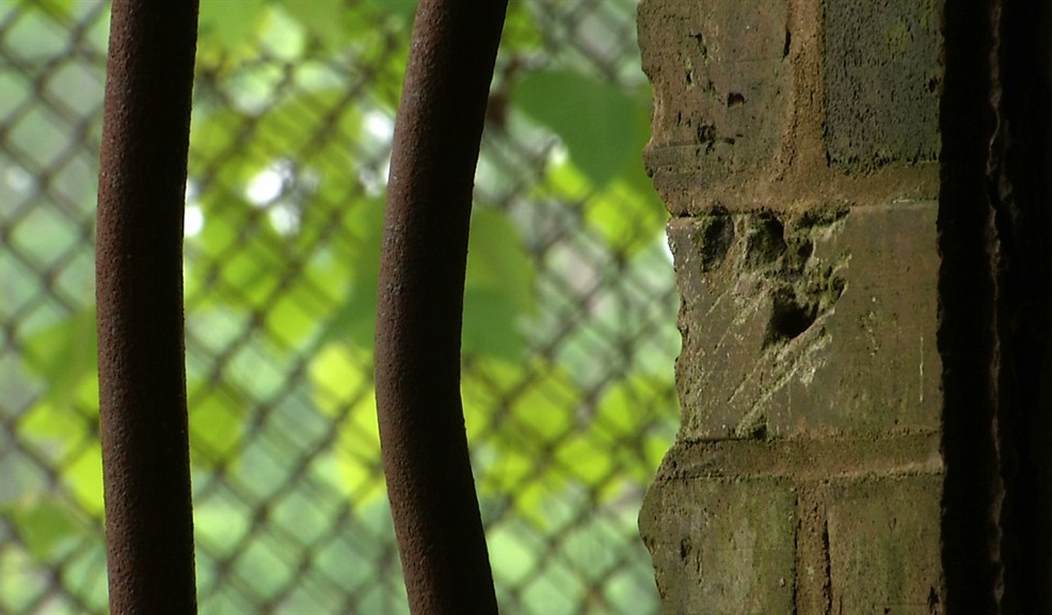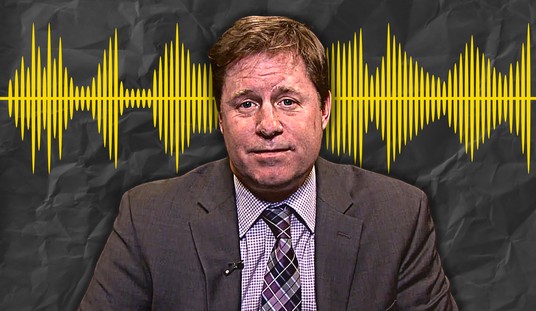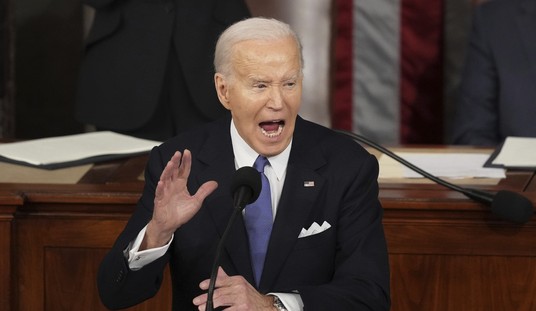The Thanksgiving season is upon us, and as most Americans look forward to spending this special time of year with family and friends, many other Americans, including 2.7 million children, are forced to spend the holidays without their mother and/or father, through no fault of their own.
In all too many homes, there will be an empty seat at the Thanksgiving table.
The U.S. criminal justice system incarcerates more citizens than any other country in the world — including, incredibly, those with authoritarian (or worse) governments. That makes it impossible to ignore the high cost we pay as a society for a cycle of shattered communities, broken families and Americans that are lost to a life of crime.
While these people are behind bars often for a reason, we must ask ourselves: Is this really how we want our children to be raised — by relatives or foster parents? Is this cycle something that we want to continue, or is there a way to break that disturbing cycle, at least for the children of some of the incarcerated?
There’s hope on the horizon for many of these families. There’s a gathering consensus giving rise to a national movement toward a more effective criminal justice system — one that promises to improve public safety, to save taxpayer dollars and to strengthen families through data-driven reforms at the state and federal level.
Those reforms have already demonstrated their effectiveness in states such as Texas and Georgia. It’s all the more striking in that these are both deeply “red” states that no one would suggest are in any way “soft on crime.”
U.S. taxpayers spend $80 billion per year on the state and federal jail and prison systems, and billions more in collateral consequences to our families and communities. The time to reverse course on this destructive path is now.
Recommended
We can protect the public while also reducing prison sentences for low-level, nonviolent offenders, who make up a majority of our prison population. Our system should instead focus costly public-safety resources on those criminals who truly pose a serious public threat. A good first step would be enactment into law of the Sentencing Reform and Corrections Act of 2015, which was introduced in the U.S. Senate on Oct. 1and which enjoys surprisingly broad, bipartisan support. This and a number of other pieces of legislation currently being considered by Congress offer reforms that would greatly improve the plight many Americans face.
Alternatives to incarceration, such as restitution, as well as recidivism-reduction programs, have effectively decreased prison populations in many states, and through programs operated by faith-based and community organizations, many inmates have changed their lives, and now contribute to society and care for their families instead of becoming career criminals.
The best-known example of faith-based communities working to reduce recidivism and to turn lives around is Prison Fellowship, a Christian outreach group founded in 1976 by onetime Nixon administration Special Counsel Chuck Colson after he served seven months in federal prison himself on Watergate-related charges.
The Leesburg, Va.-based Prison Fellowship’s operating premise is simple, but heartfelt: “Remember those in prison,” it says on its website’s homepage. “Even the most broken lives and situations can be restored and made whole when we respond to God’s call to serve men and women behind bars.” Prison Fellowship’s mission includes material, emotional and spiritual support for the families and loved ones of the incarcerated.
At this time of year especially, it’s important to remember the inherent dignity of each human life, including those having served time in our nation’s jails and prisons, and those closest to them.
The time has come for Americans on both sides of the political divide to join hands to support meaningful criminal justice reform that breaks this cycle of incarceration and instead provides a cycle of redemption and second chances.
If not for the incarcerated, let’s do it for our children this Thanksgiving season.

























Join the conversation as a VIP Member